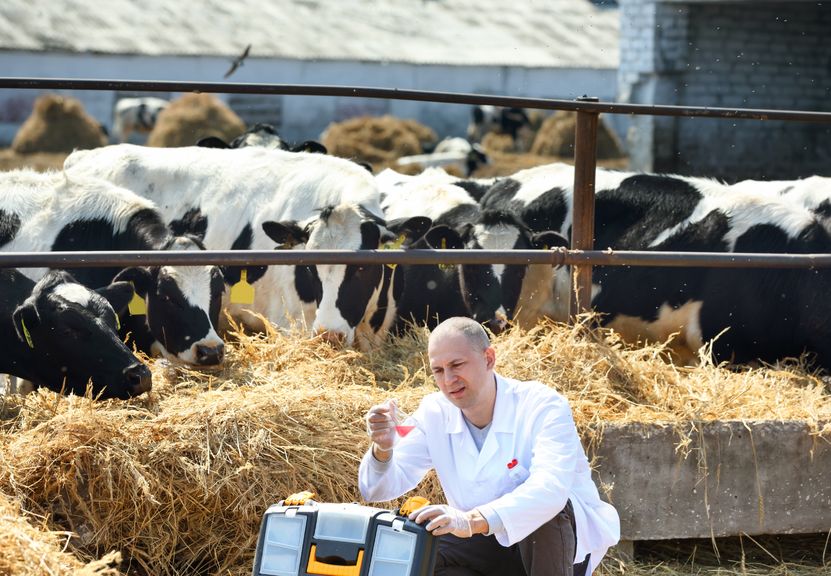
Leaving the EU will be one of the “most defining political events” for the protection of UK animals, including livestock, according to a new report.
The lesser acknowledged animal welfare impacts of Brexit include a shortage of vets, costlier veterinary medicine, and an increase in the numbers of animals used in research, according to a new report by the Green Party.
Keith Taylor MEP has launched his new 'Animals and Brexit' report at the Green Party's Spring conference in Bournemouth on Saturday, 3 March.
The report details every piece of EU legislation safeguarding animal welfare and models the threats and opportunities presented by Brexit.
It also assesses the impact the most likely Brexit scenarios will have on the current protections offered to the four main classifications of animals covered by EU law: farmed animals, animals used in research, wildlife and companion animals.
’Significant threat’
According to the study, the UK government's post-Brexit trade and migration agendas pose a "significant threat" to the welfare of farmed animals and access to high-quality and affordable veterinary care.
The British Veterinary Association (BVA) has also stated their concerns over the shortage of vets post-Brexit.
The industry body has explained that Brexit has brought into "sharp relief" the UK’s reliance on EU veterinary professionals.
In food safety and hygiene alone, it is estimated 95% of Official Veterinarians (OVs) working in abattoirs are from overseas, with the large majority graduating in the EU.
’Most defining’
The 52-page study concludes that "Brexit, in any formulation, invariably means abandoning the achievements the UK has worked with the EU to build".
It adds that leaving the EU "will be one of the most defining political events for the protection of animals in the UK."
Commenting on the findings of the report, Keith Taylor MEP said that the UK has been an “influential member” within the EU that has secured important animal welfare safeguards.
“While a huge number of the laws protecting animals are derived from our membership, this report makes clear that the European Union's influence on animal welfare in the UK is more than just directly legislative,” Mr Taylor said.
“From the freedom of movement for EU vets to access to EU-wide research networks developing alternatives to animal testing, so many UK animal welfare advances are inexorably linked with our membership of the EU.
“Advances seriously compromised by the hard Brexit course being piloted by a Government paralysed by confusion and division.”
’Sacrificed’
Mr Taylor said the threats to animals posed by Brexit are “tangible and plentiful”, and that livestock are being readied for “sacrifice on the altar of free trade”.
He added: "While the Government claims the EU (Withdrawal) Bill will roll over almost half a century’s worth of hard-won animal welfare safeguards, this report shows that the assertion, both technically and practically, fails to stand up to scrutiny.
“Scrutiny, incidentally, is something the Bill denies Parliament when it comes to amending and scrapping EU laws post-Brexit.”
Despite the report, Defra Secretary Michael Gove has outlined his wishes for the UK to be a beacon of higher animal welfare and environmental standard once the UK leaves the EU.
The Defra Secretary has supported calls from the Conservative Animal Welfare Foundation (CAWF) and Conservative Environment Network (CEN) to improve farm animal welfare and to protect the environment as the UK leaves the European Union.
